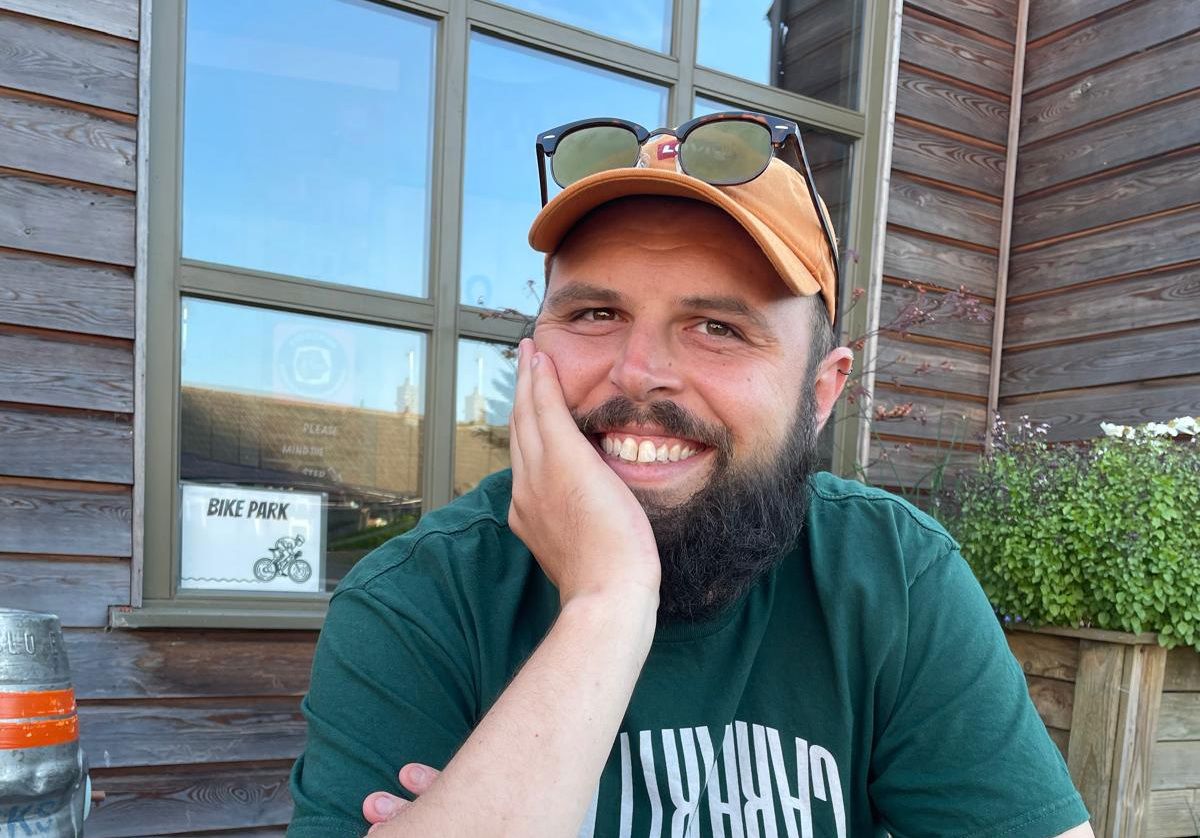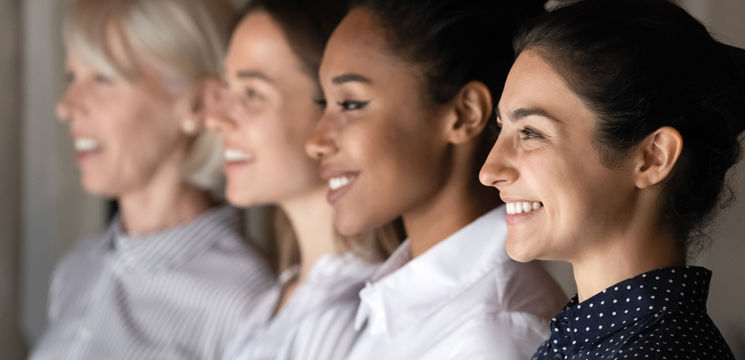In recognition of Men’s mental health day on November 19th, our very own James Brooks, Head of Employee Benefits for the North and Midlands, would like to share his personal journey.
James is a huge advocate for mental health, stating: “Three quarters of all suicides in 2024 were men, and hopefully, reading the below will resonate with someone that it’s okay to not to be okay, and talking about these things is so important! There is no shame in struggling, or having to reach out for help.
I lost my sister to cancer when I was just 12. She was 16 and passed away from Hodgkin Lymphoma — a disease that has a 90% survival rate. For years, I buried the emotional weight of that loss. It wasn't until my mid-20s that I began to feel a shift — I wasn’t myself. There was no major life event triggering it, just a growing sense of unease and spiralling thoughts of guilt and 'what-ifs' surrounding my sister’s illness.
Among the thoughts that consumed me were:
What if I had been a stem cell match?
Why did her body reject treatment?
Was there something else we could have done?
I wasn’t suicidal, but I was emotionally lost — questioning my worth, worrying about the future, and carrying unresolved grief. That’s when I turned to the EAP offered by my employer.
The support I received changed everything. I was connected with a professional counsellor who helped me understand that I had never fully processed my grief. Week by week, I began to unpack the emotions I’d carried silently for over a decade. It was the first step toward healing.
Even now, over 12 years later, I still have the counsellor’s number saved. Because that support didn’t just help me in the moment – it taught me how to care for my mental health in the long term.
Today, I have a strong support network, and I know the signs when I need help. I also know there’s no shame in reaching out. Mental health dips happen – to all of us. The key is recognising them and knowing where to turn.”






